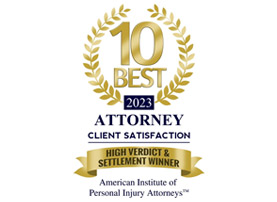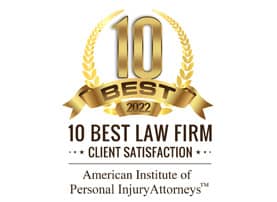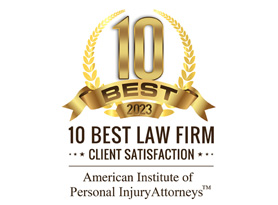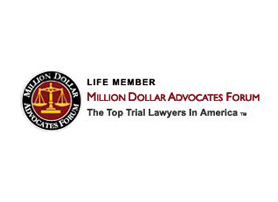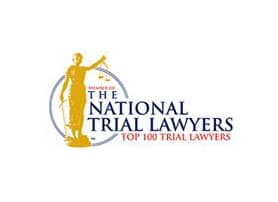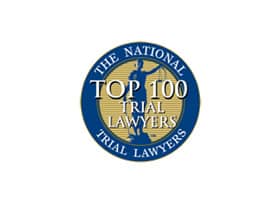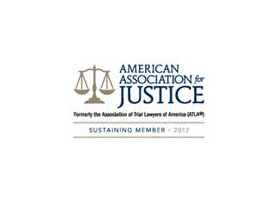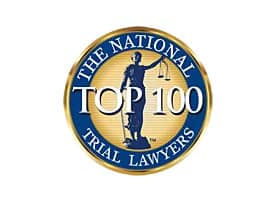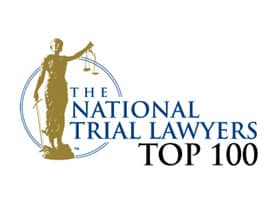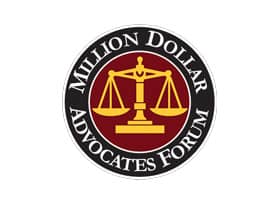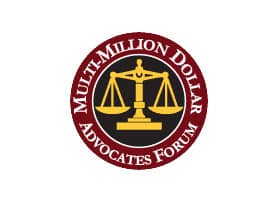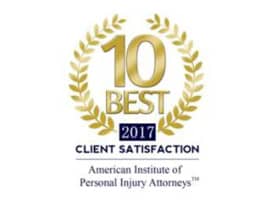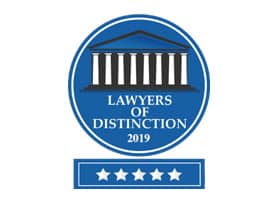Which Party Has to Prove Its Case to the Judge and Jury?
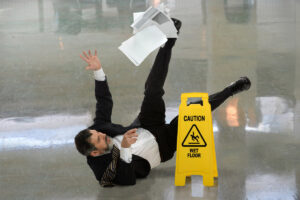 As a general rule, in any case involving allegations of negligence or carelessness, the injured person—known as the “plaintiff”—must typically prove his or her case by the weight of the evidence. That includes slip and fall, or “premises liability” claims. The owner/controller of real property generally has a duty to maintain the premises so as to minimize the risk of injury to legal visitors, but it’s still the injured party that must show that owner/controller failed to meet the standard expected.
As a general rule, in any case involving allegations of negligence or carelessness, the injured person—known as the “plaintiff”—must typically prove his or her case by the weight of the evidence. That includes slip and fall, or “premises liability” claims. The owner/controller of real property generally has a duty to maintain the premises so as to minimize the risk of injury to legal visitors, but it’s still the injured party that must show that owner/controller failed to meet the standard expected.
There is, though, a situation legally recognized in New Jersey where that burden shifts from the plaintiff to the defendant. It’s known as the “mode of operation” doctrine. Under this legal principle, which applies only to business or commercial premises, if the enterprise is one which, by its very nature, leads to a dangerous or hazardous condition on the premises, there will be a presumption that the owner/controller should anticipate such a condition, and therefore has “constructive knowledge” of it. Constructive knowledge essentially means that the owner/controller should have discovered the situation through reasonable means, such as regular monitoring of the property.
In such a case, if the plaintiff can show that he fell on because of hazardous conditions on the defendant’s property and that the “mode of operation” rule applies, there is a presumption that the owner/controller knew of the condition, which shifts the burden of proof to the defendant. The owner/controller may then introduce evidence indicating that his or her response to the hazardous condition was reasonable.
As a practical matter, the “mode of operation” rule is most often applied to businesses such as restaurants and grocery stores, where it’s deemed reasonable that the owners or operators should know about the likelihood of water or other slippery substances on the floor.
The New Jersey Supreme Court has ruled, however, that the “mode of operation rule” will only be applied in “limited circumstances”:
- When the business offers self-service options, and
- In those areas of the business where customers may exercise a self-service option
Contact Our Office
For a free initial consultation, contact our office online or call us at 973-993-8787. We have office locations in Morristown and Newton, but will visit you in your home or the hospital, if necessary.
